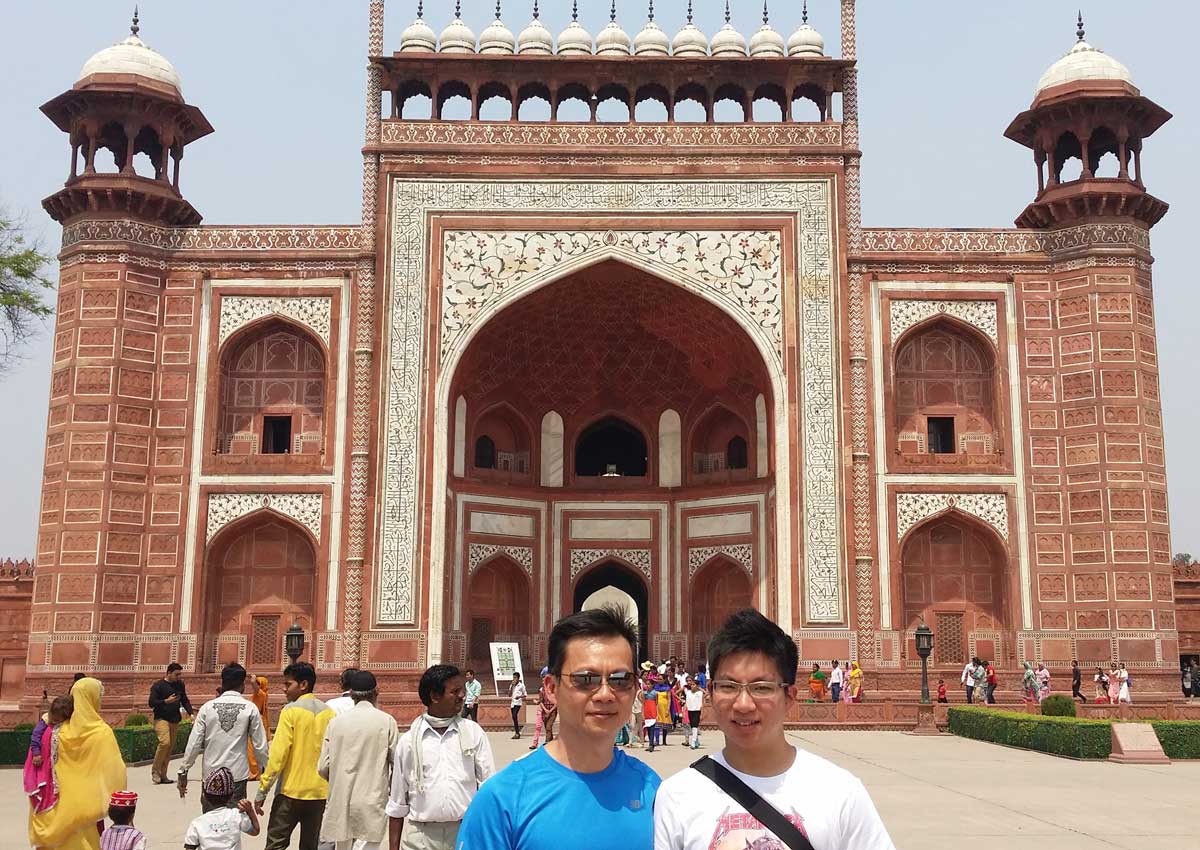When Singaporean Raymond Yeo sent an online complaint to the Narendra Modi government a year ago, after being overcharged for a short taxi ride in the city of Mumbai, he did not think it would lead to much.
The 50-year-old sales representative has now found out that his complaint had kicked up quite a storm.
“I am quite shocked. Frankly, I had forgotten all about it,” Mr Yeo, a frequent visitor to India for work and leisure, told The Sunday Times.
“Yes finally there is a response, there is an investigation and something good has come out of it.”
The online complaint that he filed had found its way to the Prime Minister’s Office, then to the federal ministry of transport in New Delhi, before landing on the table of Maharasthra’s transport commissioner Shyam Wardhane.
The local transport authorities this month suspended the driving licence of cabby Jamil Ahmed for six months.
They have also suspended the permit of the taxi, which belongs to Mahek Tours and Travels, for a month and are investigating why the address on the permit had turned out to be wrong.
Mr Yeo was charged 500 rupees (S$10) for a less than one-kilometre journey lasting around three minutes from his hotel to the airport on April 11 last year. The trip should have cost just 30 or 40 rupees, he said.
“It happens all the time. Cabbies would ask for tips, usually within a reasonable amount,” Mr Yeo said. “This guy was too much. I didn’t argue. I just said I would like to complain and I took some photos. He was not bothered at all… I was flying to Singapore, so I came back, Googled the ministry of transport and just tried my luck.”
He added: “Five hundred rupees is not much. But it wasn’t about the money. I wanted to make a point.”
In his online complaint, Mr Yeo wrote that the taxi driver refused to go by the taxi meter rate and settled on 200 rupees for the ride after negotiations. However, he asked for 500 rupees at the end of the journey, claiming extra for luggage.
“This is pure malpractice and corruption. This is bad for India’s tourism and image, you have to be rid (India of) such bad public taxi drivers,” he wrote in his complaint.
The complaint coincided with an effort by the Modi administration to boost India’s image, not only as a business destination but also as a tourist-friendly country.
The government has unveiled a series of initiatives, including a social awareness campaign called Atithi Devo Bhava, which in Sanskrit means “consider the guest as god”, that ran for over a year. Starring Bollywood actor Aamir Khan, it recreated stories of good behaviour, showing a vendor returning a purse left behind by a tourist and an auto rickshaw driver protecting a tourist from harassment.
Some 22.57 million tourists visited India in 2014, compared to 5.78 million in 2010.
The official action taken over Mr Yeo’s case, activists said, has highlighted the issue of overcharging.
“This case has had an impact because it involved the Prime Minister’s Office and a foreign national,” said Mumbai-based social activist Binu Varghese, who works closely with the transport authorities, and helped the police track down Mr Yeo’s cab driver.
The driver was caught within two days from the time Mr Varghese put out the word to look out for the cab, whose licence number had been noted down by Mr Yeo.
The driver, according to transport officials and Mr Varghese, initially denied his involvement. But he was identified after local newspaper Mumbai Mirror forwarded a picture of him from Mr Yeo to transport officials.
Mr Wardhane has since shared his e-mail address publicly so those who need to can write in to complain about errant drivers.
Four people, including a woman who was refused transport by an auto rickshaw driver, have responded so far, he told The Sunday Times. The permit of the auto rickshaw driver has been suspended.
Mr Yeo, who has not returned to India since the episode, is keen to visit the country again. “I have become famous in India, I need to go up for a visit… maybe next month,” he joked.

This article was first published on April 17, 2016.
Get a copy of The Straits Times or go to straitstimes.com for more stories.






